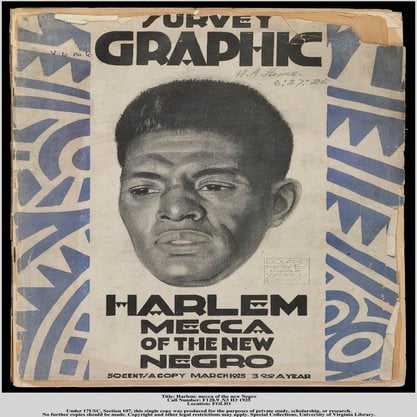Article
Marx, Karl (1818–1883) By McNeill, Dougal
Article
Karl Marx (1818–1883) was a revolutionist, socialist, philosopher, journalist and social theorist, best known for his Communist Manifesto, co-written with his friend and collaborator Friedrich Engels, his Capital (1867), a massive critique of political economy still unfinished at his death, and his activities in the International Workingmen’s Association, or First International. His influence on twentieth-century politics, philosophy, literature, art and social theory is almost impossible to overstate. Mass political movements on every continent took inspiration from his writing; almost one-third of the world was ruled in the twentieth century by states claiming to be following his legacy; ‘Marxism’ as a coherent philosophy and programme of political action has been debated and contested in academic, journalistic, political and philosophical settings almost constantly since his death; and his Communist Manifesto is one of the biggest-selling political pamphlets of the era. He is of particular importance for scholars of modernism for three reasons: (1) his own status as a modernist writer tackling the question of capitalist modernity; (2) the influence Marx and Marxism had on modernists and modernism; and (3) the Marxist framework many theorists of modernism have adopted.


